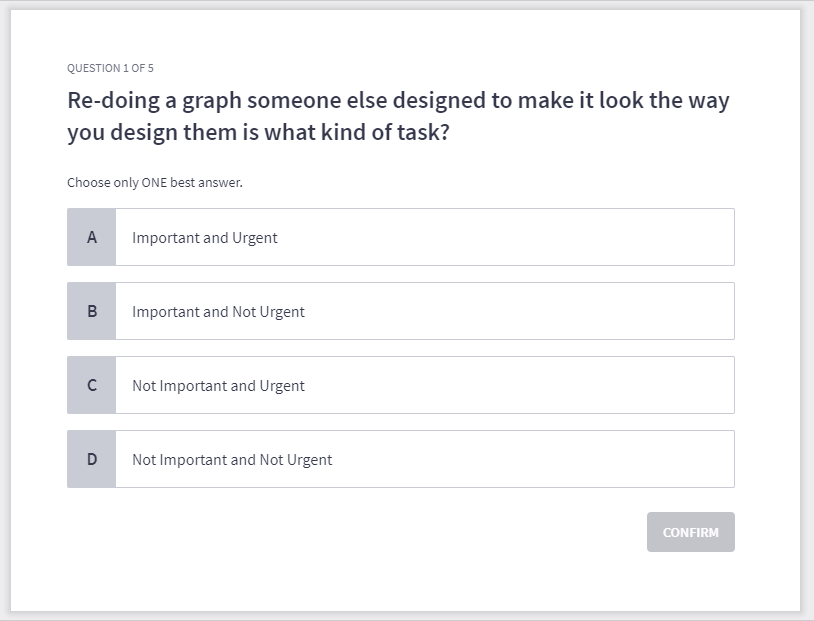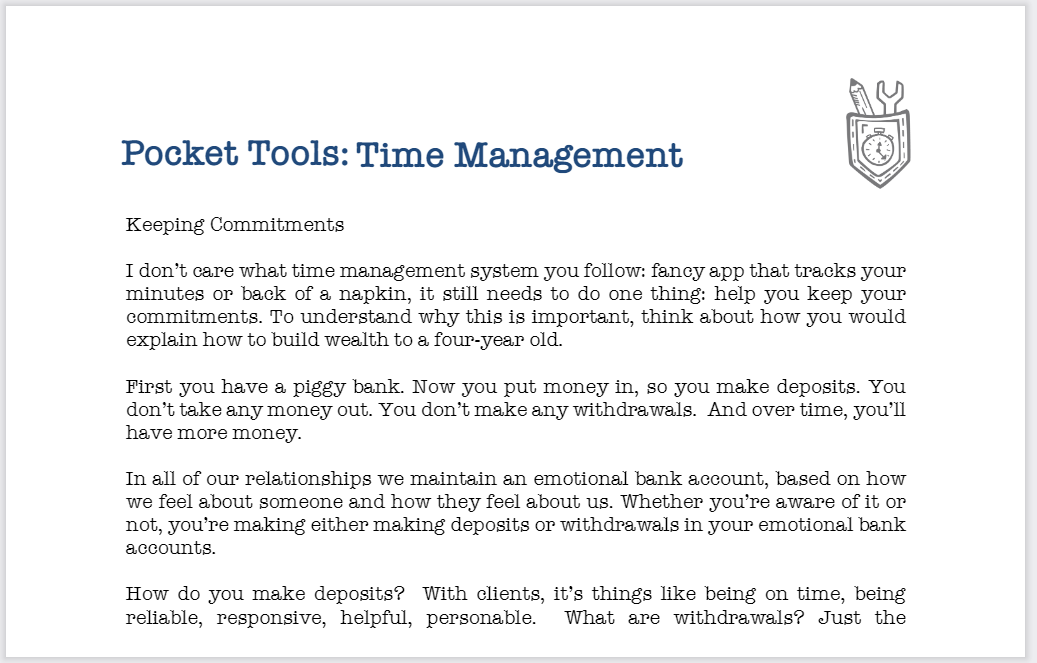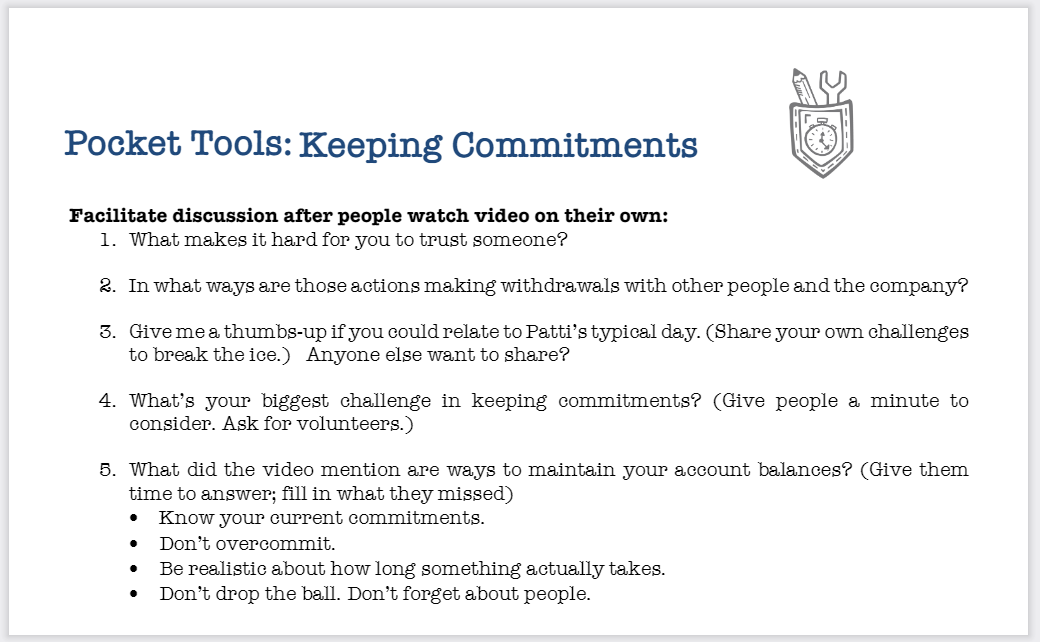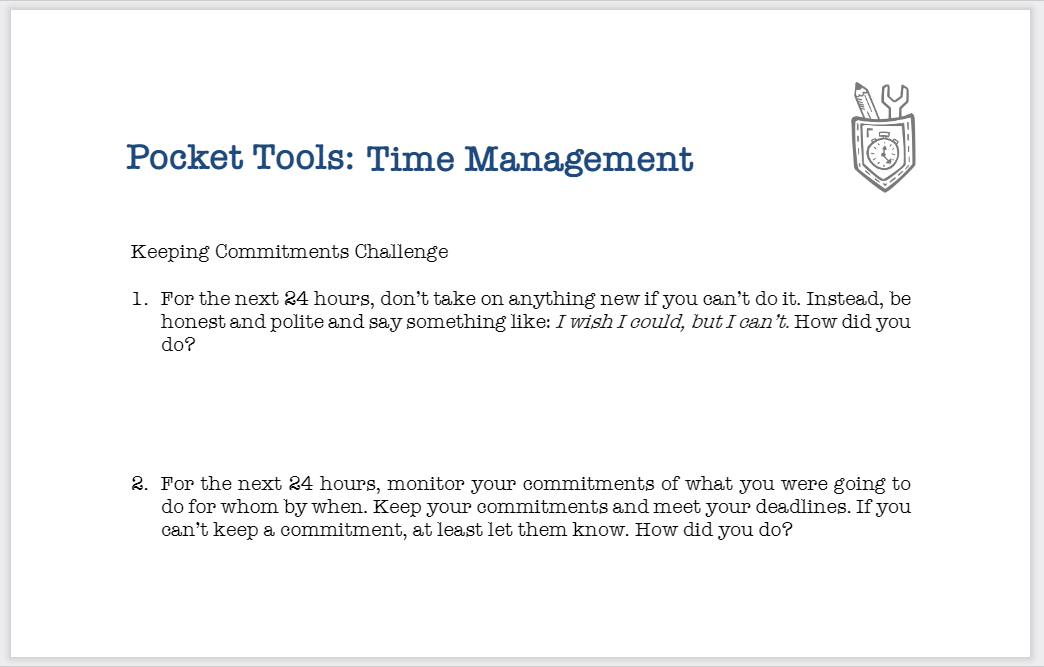What's My Story?
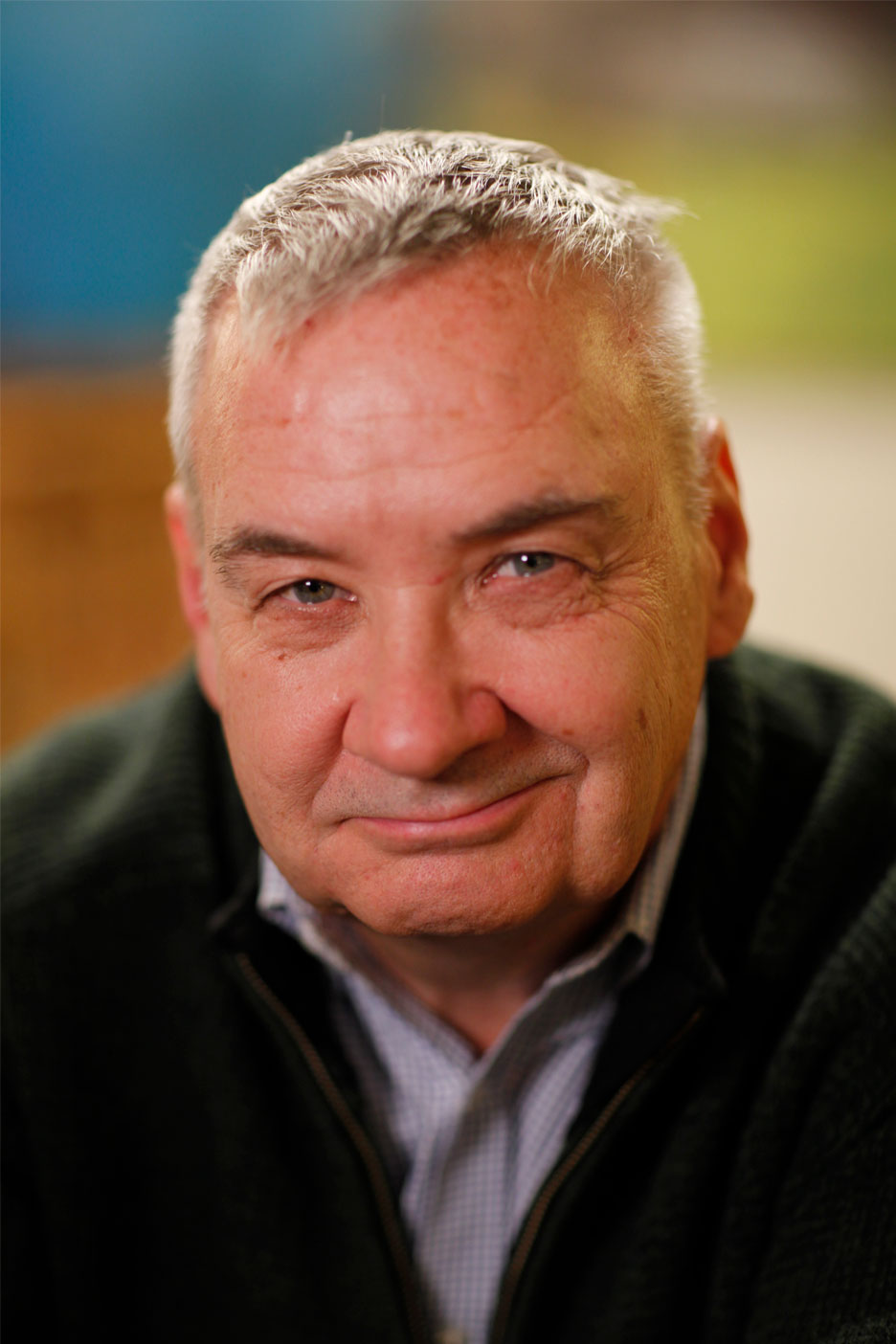
I hitchhiked from New York to the West Coast in 1977. I’ve been a housepainter, freelance writer, radio producer, professional fundraiser, ad executive, and marketing consultant.
More and more clients saw I had a knack for connecting with people, instilling confidence to push themselves, and helping them communicate clearly and purposefully. All I care about is designing a training program that produces results and answers questions: Are people changing? Are they closer to their goals? Can their supervisor see it, too?
I’m writing a book on how I help emerging leaders grow, but I still find time to play the ukulele and make pies.
Clients
I’ve been truly blessed with great clients, some of which are listed here:
ACEC Oregon
BOKU
BRIC Architecture
Coastland Civil Engineers
ConMet
DLR Architects
EcoNorthwest
GBD Architects
Glumac
Howard S. Wright Construction
Mackenzie
Oregon Department of Transportation
Oregon State Lottery
OTAK
P&C Construction
Skanska
University of Oregon MBA Program
ZGF Architects
How can I help you?
Every company has different challenges and priorities. I offer…
- Executive Coaching
- Custom interactive webinars and live trainings
- Online courses and resources
- 360 assessments
- Interview and presentation coaching
- Facilitation of critical conversations between stakeholders
- Succession planning
Schedule a call today to learn what I would suggest for yours.
DIS Multi-Tool
On the Blog
The Most Important Leadership Skill
Photo by Agê Barros on Unsplash There is no shortage of critical skills you need to develop to become a successful leader: coaching excellence in staff, finessing difficult conversations, resolving conflict, building alliances and support with management, analyzing...
When Things Fall Apart: Heart Advice for Difficult Times by Pema Chodron
Love this book by Pema Chodron, When Things Fall Apart: Heart Advice for Difficult Times. “When we’re not in meditation, we could begin to notice our opinions just as we notice that we’re thinking when we’re meditating. This is an extremely helpful practice, because...
Show Appreciation.
A study of employee attitudes found that 69% of employees say they work harder if they know they’re appreciated…


